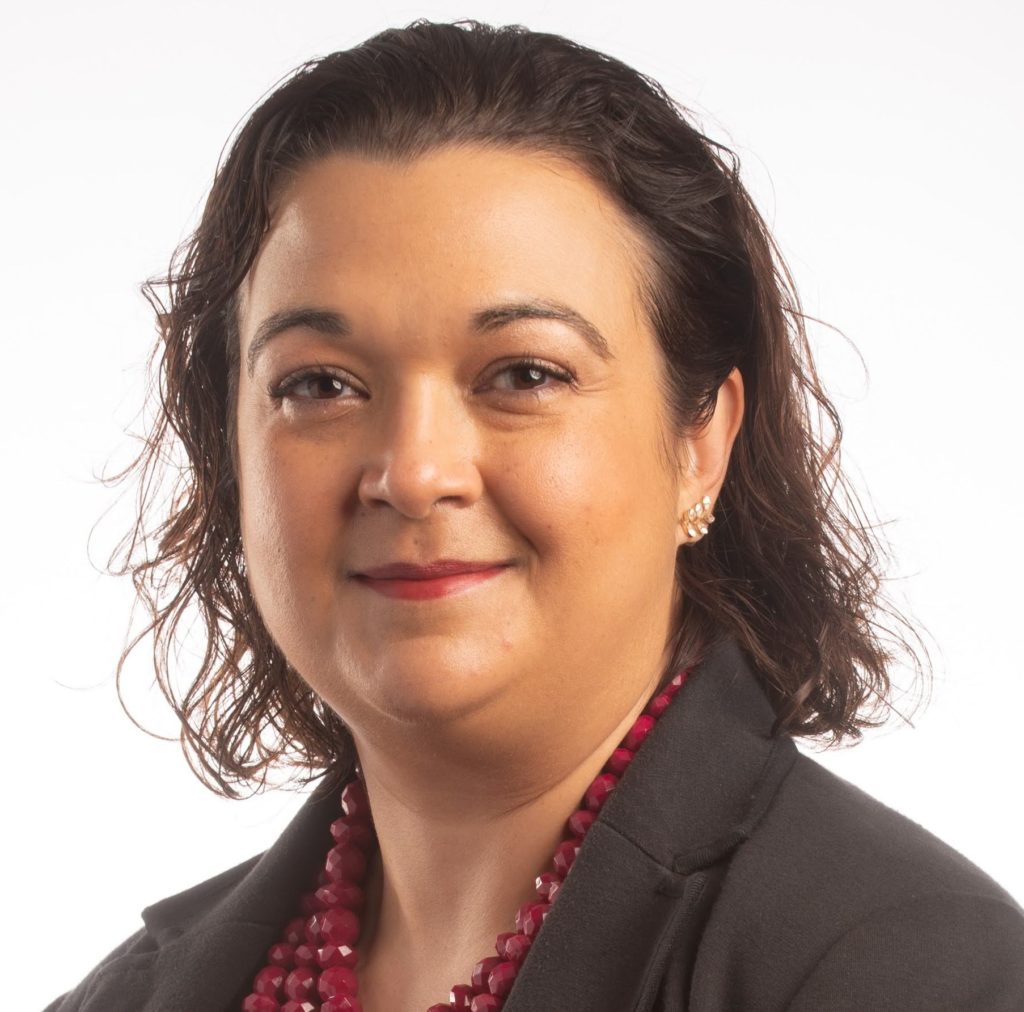Jessica Snowden, MD, MS, MHPTT, FPIDS is a Professor of Pediatrics at the University of Arkansas for Medical Sciences and Chief of Pediatric Infectious Disease at Arkansas Children’s Hospital. She is the Vice Chair for Research and Associate Director of Clinical and Translational Research at Arkansas Children’s Research Institute. She is the co-Principal Investigator of the IDeA States Pediatric Clinical Trial Network’s Data Coordinating and Operations center, directing clinical operations for trial implementation and professional development across an 18-state NIH-funded research group. She holds the Horace C. Cabe Distinguished Chair in Pediatric Infectious Disease.

Why pediatric ID? I was looking for something that let me practice multi-system medicine, something that let me work all over the hospital, and something that had me always learning new things. I identified pediatric infectious disease as my specialty about midway through my residency. If there was anything interesting going on, I loved that infectious diseases was likely called to the table. The pandemic has really highlighted how valuable our “lifelong learner” perspectives can be as infectious disease doctors. Before and since, I have constantly looked something new up every day.
Where have you taken your ID focus? As a fellow, I was able to take the things I was learning in a basic science lab and apply them to clinical problems I encountered all the time as an infectious disease consultant. That cemented my path as a physician scientist with a novel animal model of shunt infections. Now, I get to apply all of those things that make infectious disease doctors great collaborators, in terms of our ability to communicate and problem solve both clinically and operationally, to lead multi-site clinical studies in a wide variety of topics with the ECHO IDeA States Pediatric Clinical Trials Network and leading a large RECOVER hub.
What is a recent development or achievement in your career? One of my favorite things is getting to see the people I’ve mentored and sponsored succeed with their own research. Dr. Gwenn Skar spent several years in my lab and is now running her own lab, adapting my mouse model of shunt infection to rats so that we can identify novel cerebrospinal fluid biomarkers of shunt infection (article). Dr. Aleisha Nabower is also leading a multisite study group on the impact of meningoencephalitis molecular testing on managing possible central nervous system infections in children, which was recently published in a special IDWeek collection in 2020.
What do you enjoy most about being a PIDS member; what keeps you renewing your membership? PIDS has been my family for almost 20 years now. I still remember being introduced to the society when I was interviewing for fellowships and realizing that I’d found the right “home” professionally with a group that was collaborative, supportive, and interested in the same slightly geeky things I was. Throughout my career, I’ve relied on PIDS colleagues for advice clinically and professionally and have always found the collaborations with PIDS members, whether it is planning a talk for a national meeting or writing a paper, to be the most fun work I do any week. The ability to always have brilliant, compassionate, creative partners just a phone call or email away thanks to our society connections has saved the day for me countless times.
Dr. Snowden is the chair of the PIDS Research Affairs Committee and one of the PIDS members on the JID Associate Editor team. She is involved with the IDA&E Task Force, currently at work analyzing and publishing the results of the PIDS IDA&E survey, as well as identifying solutions to improving the experiences of all society members.